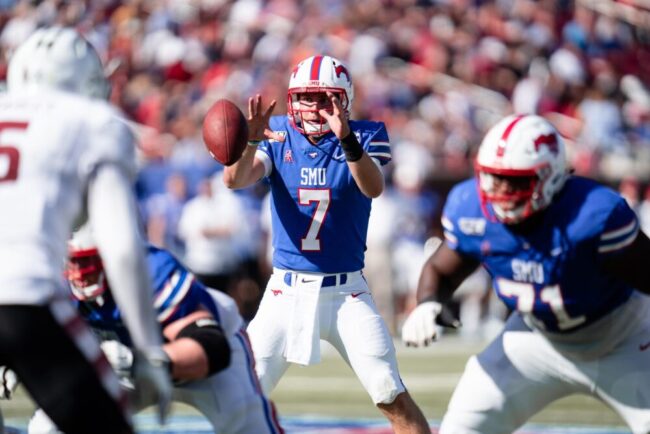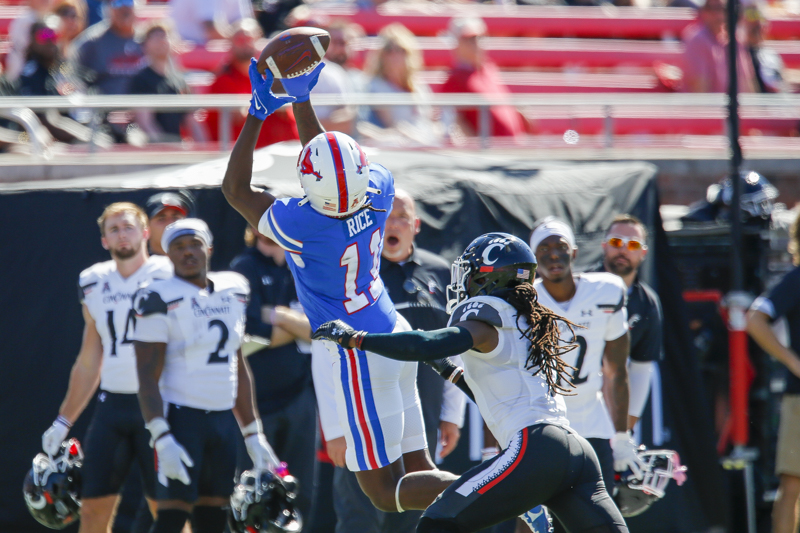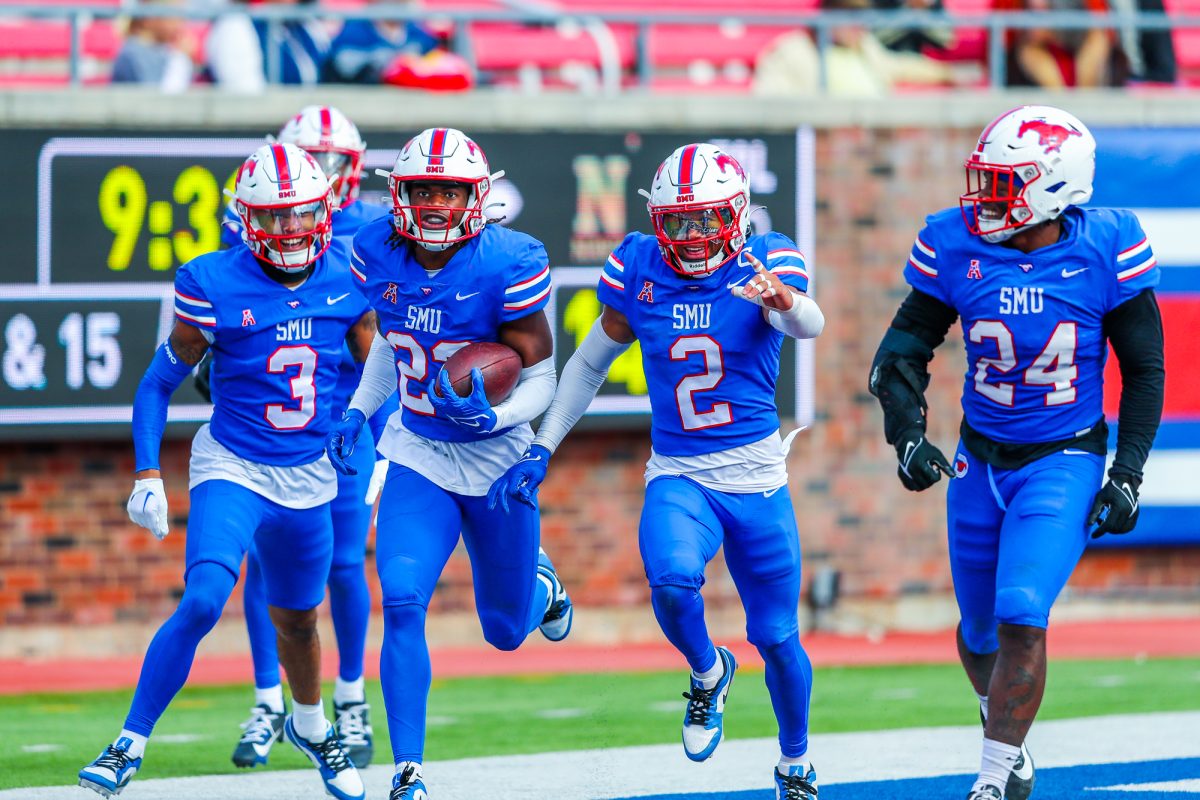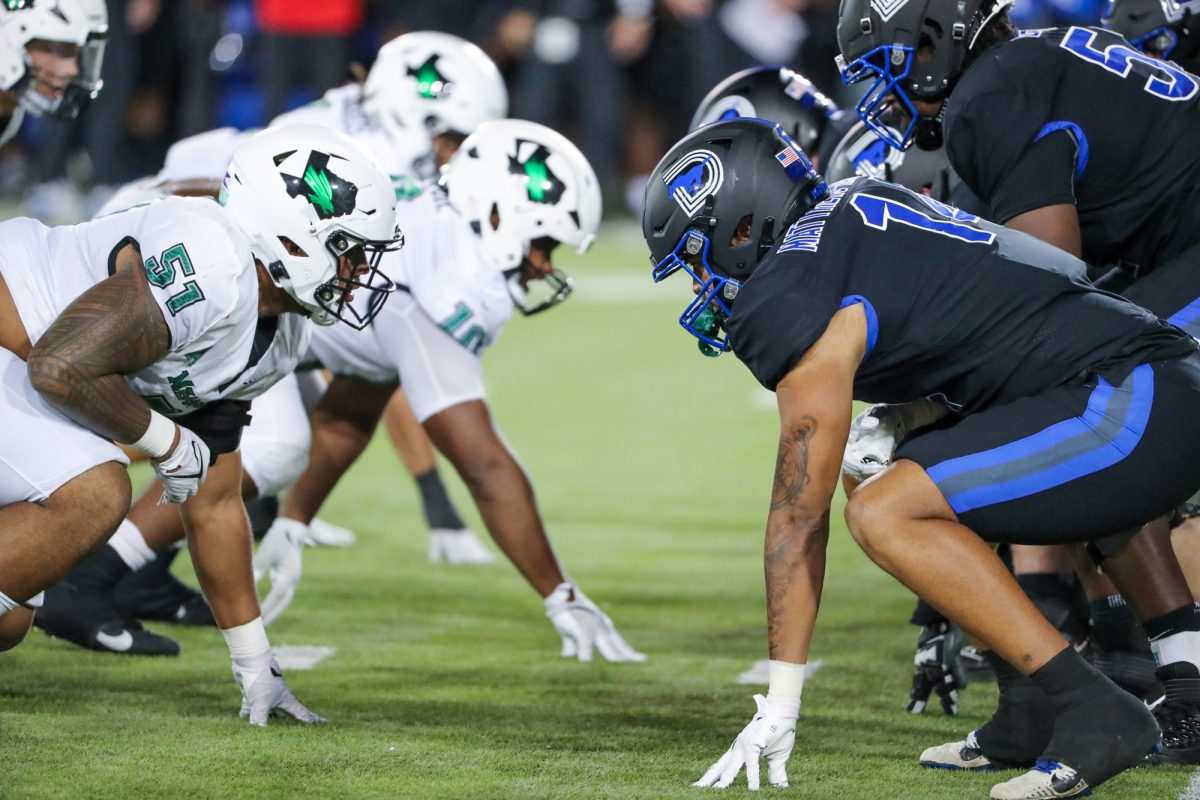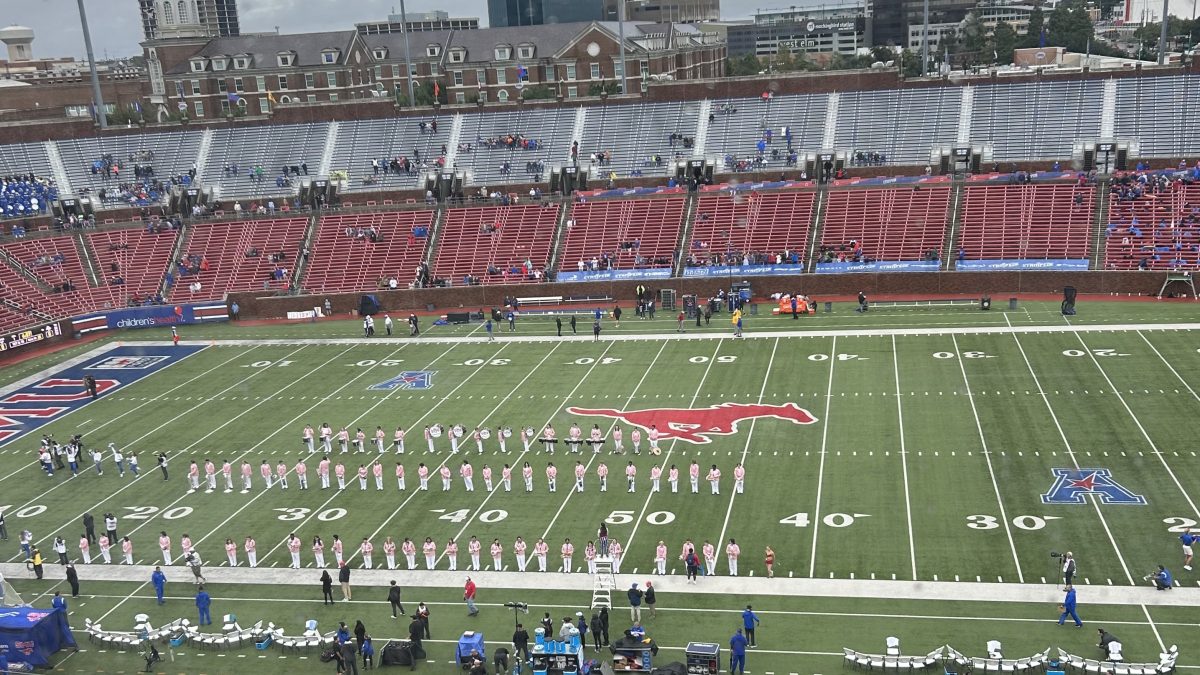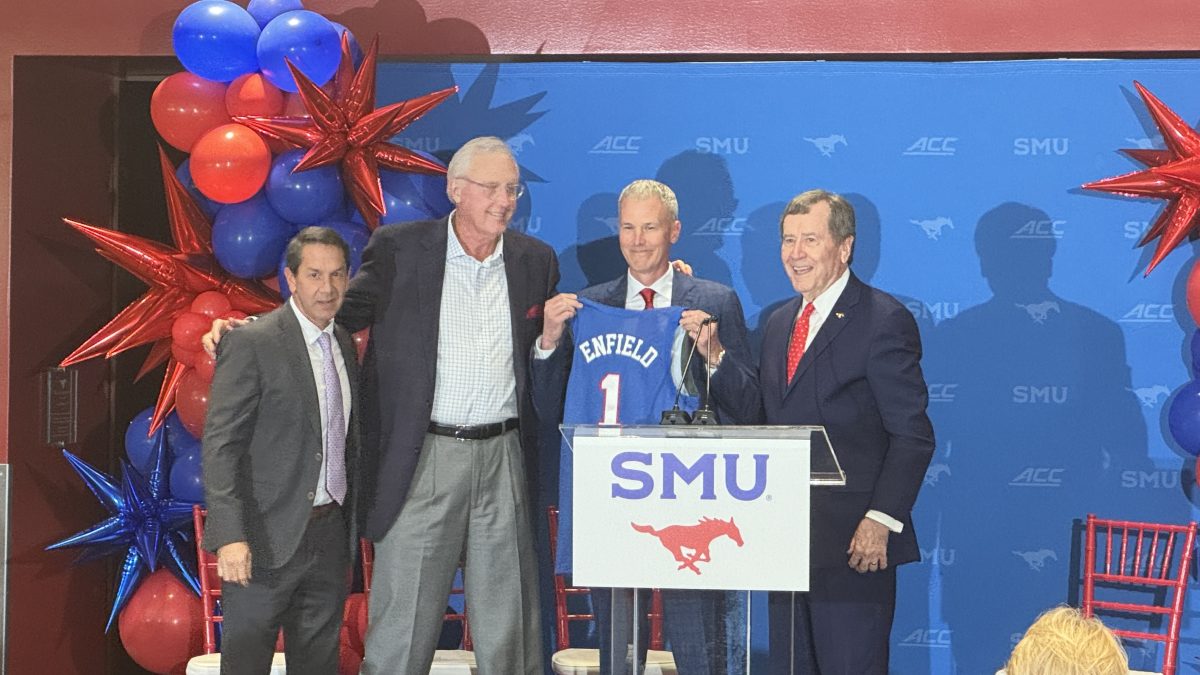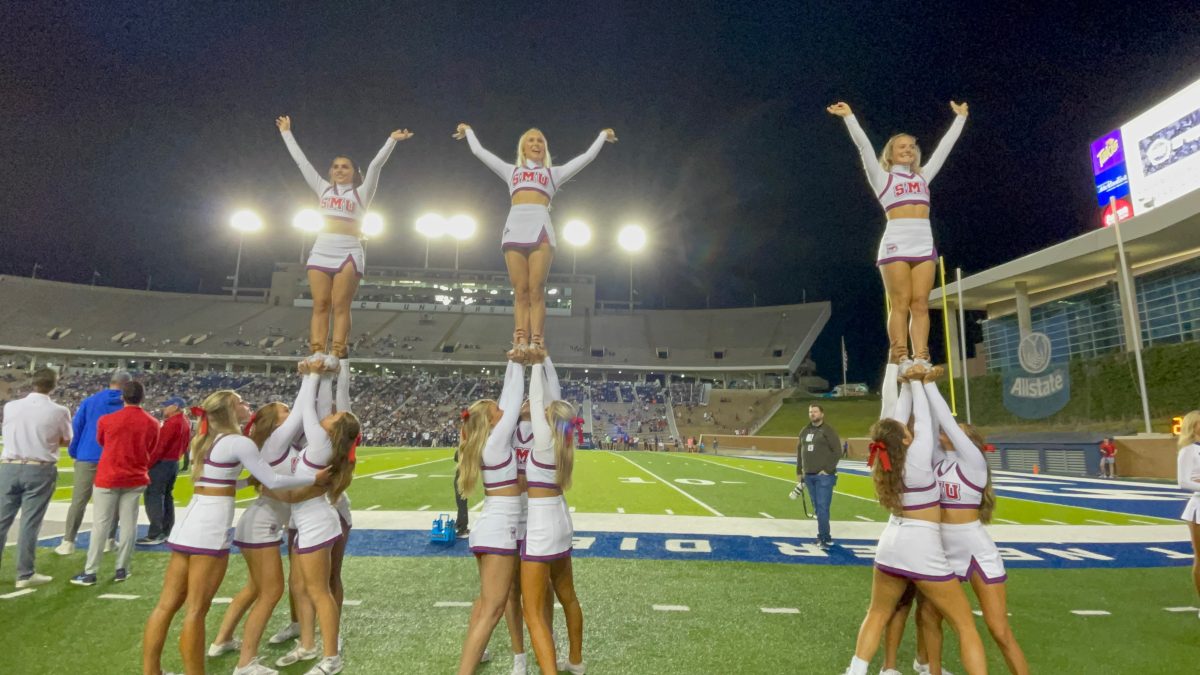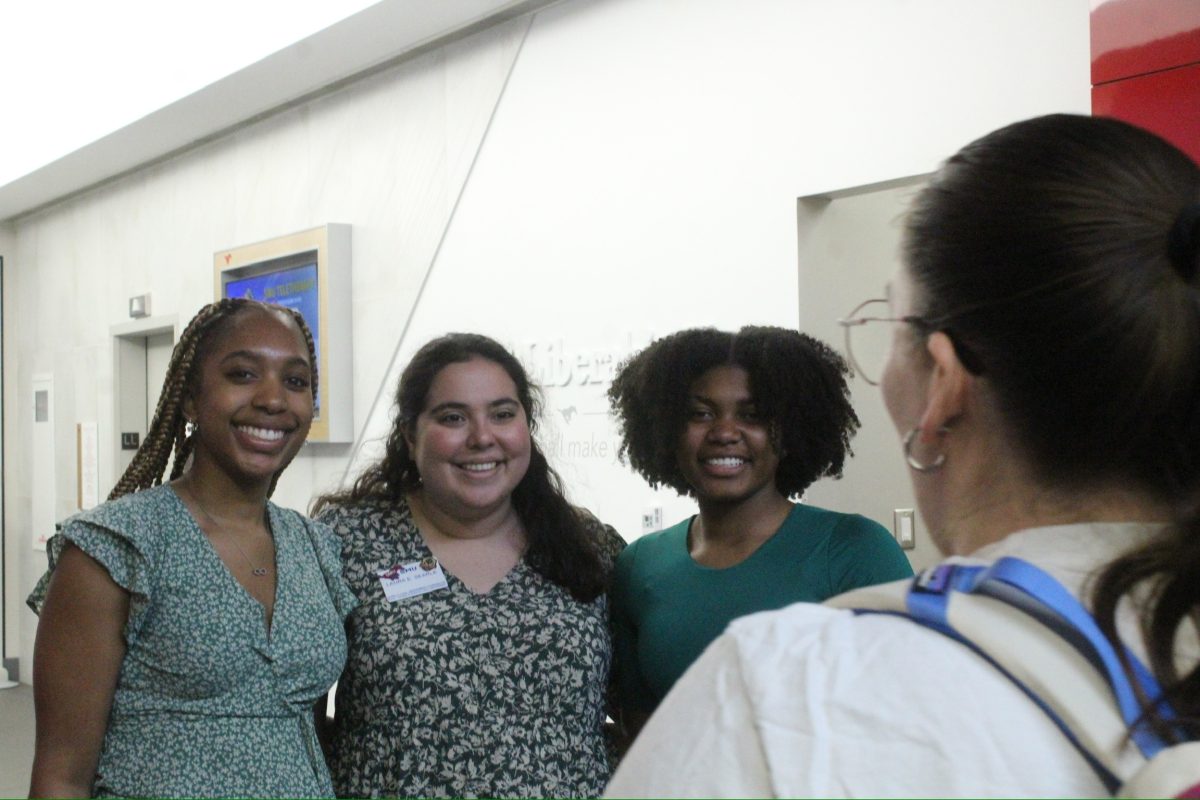UNIVERSITY PARK, Texas — Sonny Dykes has made his living at SMU largely by scouring the transfer portal. He doesn’t necessarily love the approach; but it has worked.
Last season, SMU corralled 31 transfers across six different conferences. By the start of fall camp in 2020, Dykes added a handful more. And although transfer players come with inherent risk, the one guarantee is they come with age.
In a normal year, that may not be a bad thing. In this coronavirus edition of college football, however, a roster that is older by design presents an added challenge.
In August, the NCAA ruled in favor of granting each player an added year of eligibility due to COVID-19. It made the 2020 college football season a free year for student-athletes.
At SMU, where many are already in their fifth-and-sixth year, this means players will have the opportunity to come back for potentially a seventh season of college football — something nearly unheard of in the college ranks.
“It is kind of a strange idea. It doesn’t happen very often in college football (to have a player play into their seventh year),” Dykes said on Monday afternoon.
“I think those situations will play out throughout the year,” he added.
And discussions have already begun as to how the novel eligibility rule will unfold. The questions of which players will be offered a scholarship to come back with the program have been raised. Although the NCAA has granted the extra year of eligibility, that season does not come with scholarship guarantees.
SMU has multiple candidates up to qualify for a seventh season.
Texas A&M transfer Richard Moore is currently a sixth-year linebacker. While he is coming back from injury, the chances he will play into 2021 look possible. When combining his NFL draft stock — as a lower-profile player nationally — and college football resume, the path for him to return seems likely.
Richard McBryde, the former Auburn linebacker, will have a similar situation to evaluate for his potential seventh year with SMU.
“I think there have been some players that have told us they already intend to come back. Then there are some that just want to see how the year goes,” Dykes said. “The ones that have said they want to come back, it probably doesn’t mean a whole lot in Week One. There are just so many things that will play out.”
Then there is the quarterback situation. Shane Buechele could play a full schedule in 2020 and maintain his sixth year of eligibility. It would extend his tenure in Dallas from the expected two years to three. While his future in the NFL may be different from McBryde or Moore, in that his professional chances at quarterback may peak at the age of 24, there is a chance he too could return.
Dykes distanced himself from discussions about Buechele in particular, saying they will materialize as the season moves forward.
“We will address it as the year goes along and see how they feel as we get a little closer to the end,” Dykes said when asked about the Texas transfer.
But with every decision to stay, there is also the recruiting situation to contend with. The backlog as some positions going into 2021 could potentially take away one of SMU’s selling points to transfers and recruits in recent years: come in and contribute quickly.
On top of that, the timeline for players to push themselves into a prominent role could be altered. It is a situation highlighting just how much the coronavirus will affect college football in the coming years.
“It makes it a challenge in recruiting. But we try to recruit years out and not just one year out. That is part of our philosophy where we have enough good players where we are not trying to go out and fill a bunch of holes,” Dykes said.
“But it makes things interesting and recruiting a little bit more complicated,” he added.








